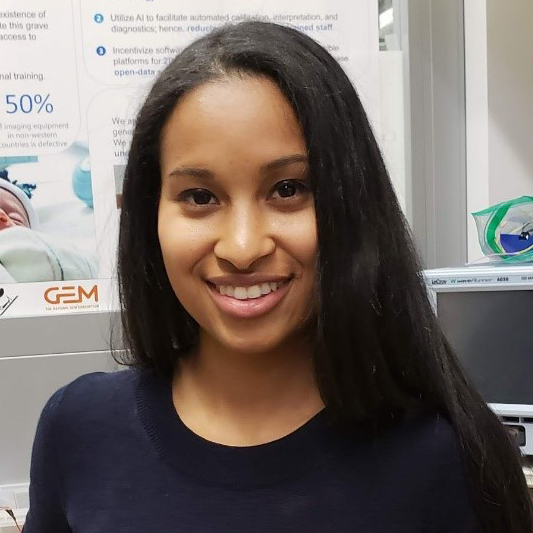BME BIO: Yazmin Feliz, Chinwendu Nwokeabia
In honor of Black History Month, get to know our exceptional BME faculty, students, staff, and alumni throughout the month of February.
Diversity, Equity & Inclusion
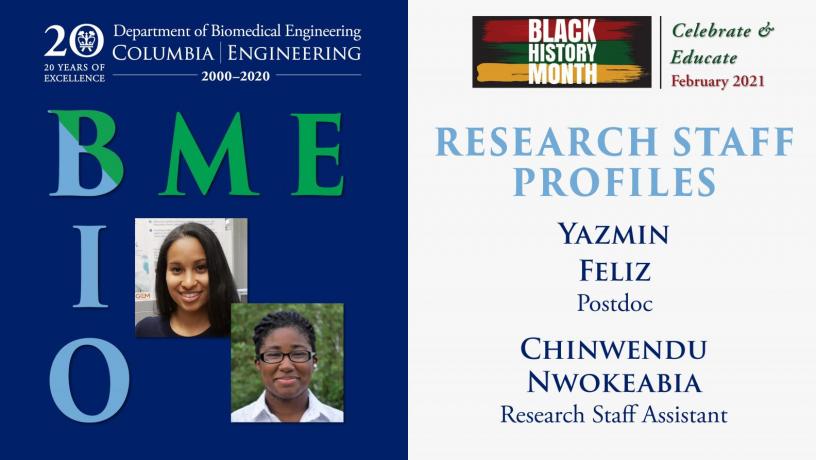
YAZMIN FELIZ - Postdoc
Yazmin Feliz, PhD
Education
- BS, Mathematics of Computation, 2012
- MS, Mechanical Engineering, 2017
- PhD, Mechanical Engineering, 2020
Noteworthy Achievements
- Eric Schmidt Family Foundation Research Gift for the development of openly accessible medical imaging.
- The National Science Foundation Graduate Research Fellowship, 2016
- The National GEM Consortium Fellowship, 2015
Where are you from?
I was born in the US to Dominican parents.
What is your current position?
I’m a post-doc researcher in Prof. Elisa Konofagou's Ultrasound and Elasticity Imaging Laboratory at Columbia University in conjunction with the Creative Machines Lab.
How did you become interested in STEM research and, more specifically, in biomedical engineering?
I became involved in STEM back in middle school. My focus has been in healthcare and solving problems to positively impact global health. Creating low-cost health screening tools has been a rewarding experience for me.
Tell us about your family. Who has/have been your strongest influence(s) in life?
I was strongly influenced by my brother who was always tinkering and taking things apart, and by my father who was never afraid to take risks in new business ventures as long as he could solve a relevant user problem.
Tell us about your experience as a Black academic professional in STEM.
It has sometimes been a lonely experience as I have not been around many people who look or think like me. However, I’ve found great support in groups like the Society of Hispanic Professional Engineers (SHPE), Women in Science and Engineering (WISE), National Organization for the Professional Advancement of Black Chemists and Chemical Engineers (NOBCChE), National Society of Black Engineers (NSBE), and the GEM Fellowship Program (GEM), who create a framework for support, networking, and knowledge sharing.
What does Black History Month mean to you?
It’s a time to reflect on others who have paved the way for us and be appreciative of the opportunities we currently have (which are growing by the day).
What accomplishment(s) are you most proud of, and what do you hope to accomplish in the future?
I’m very proud of having completed by PhD degree. I am also proud to begin exploring entrepreneurship, which I have always wanted to do, but have not always had the courage or support to pursue.
What advice would you give to others who wish to pursue a degree and/or career in BME?
Go for it and take advantage of research opportunities and internships in the field. These experiences will help guide you to understand what areas of work you would most enjoy and to find positions that you could be happy in. Additionally, you will find opportunities to connect with mentors in workforce or academia who can help guide you through your pursuits in the field.
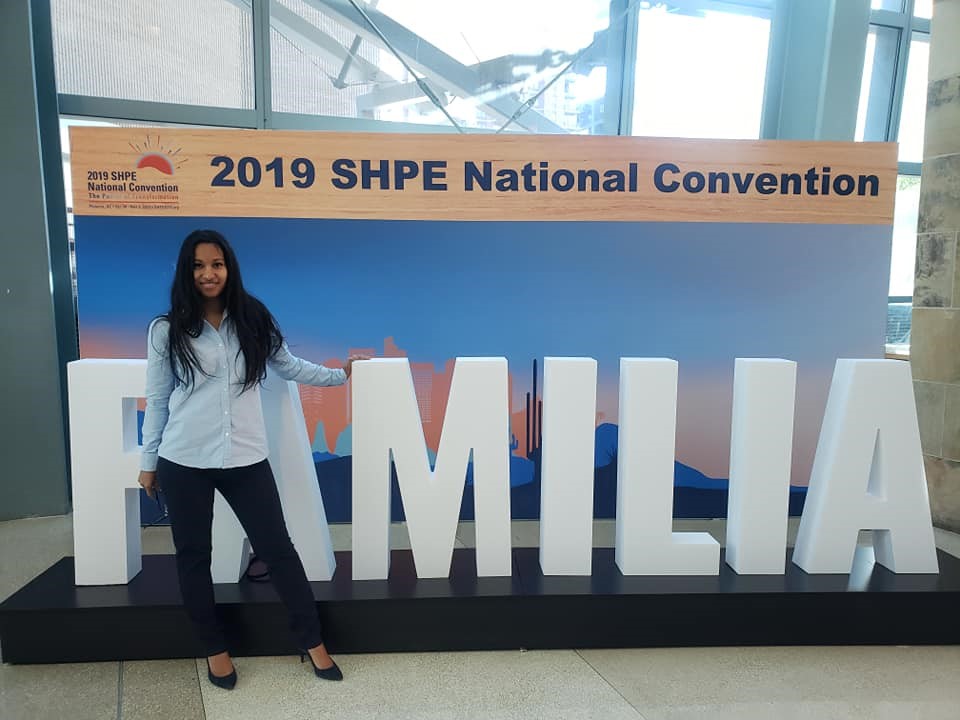
At the SHPE conference in Phoenix, 2019
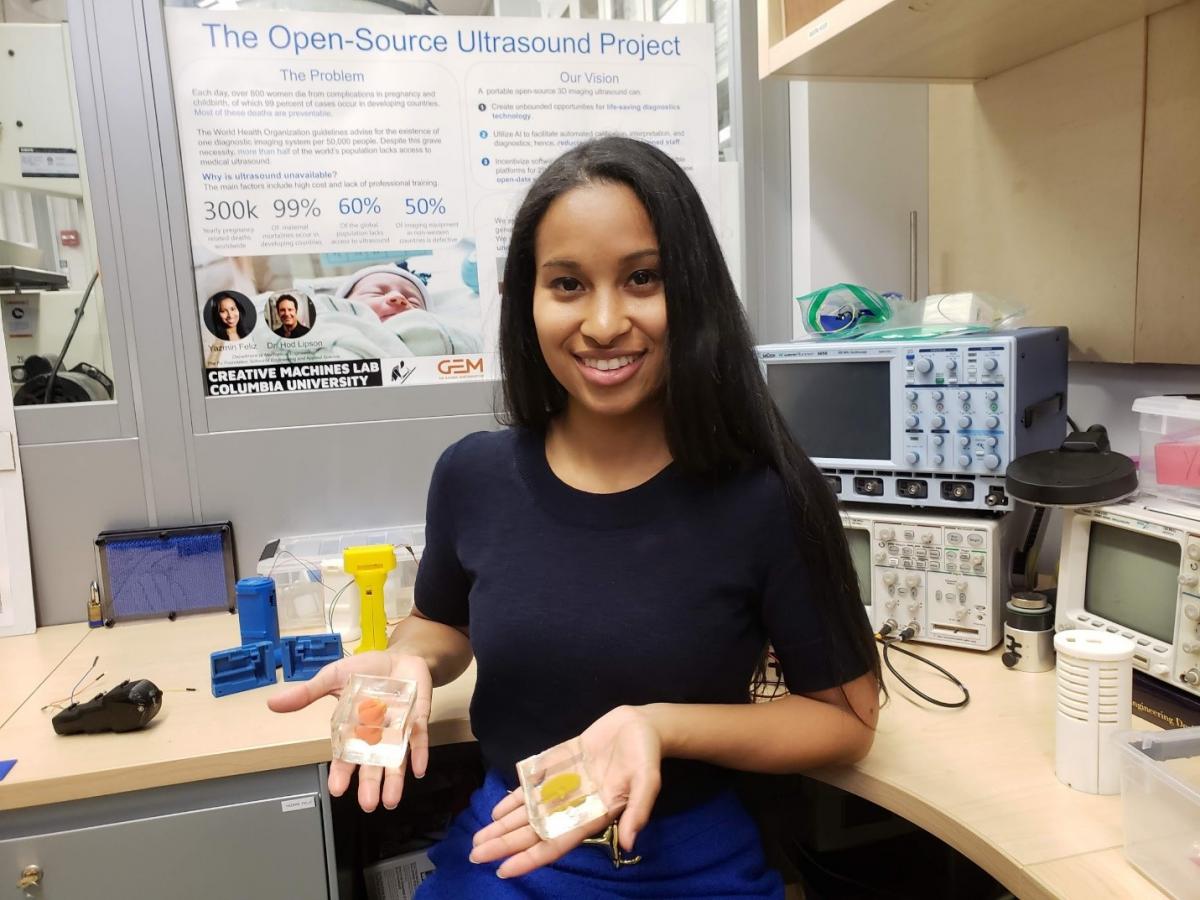
Silicone gel ultrasound calibration phantom that I made in-house.
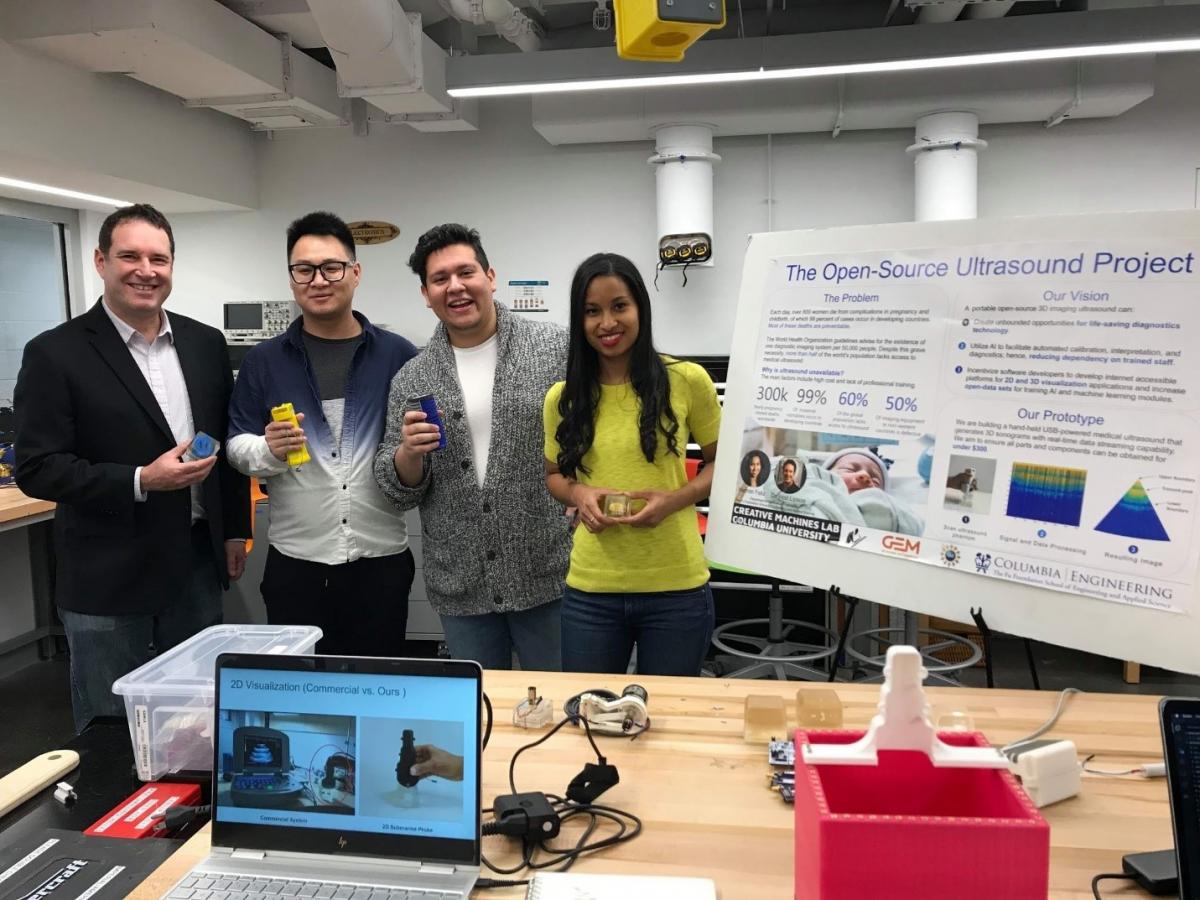
Presenting on my open-source ultrasound research at the Makerspace opening.
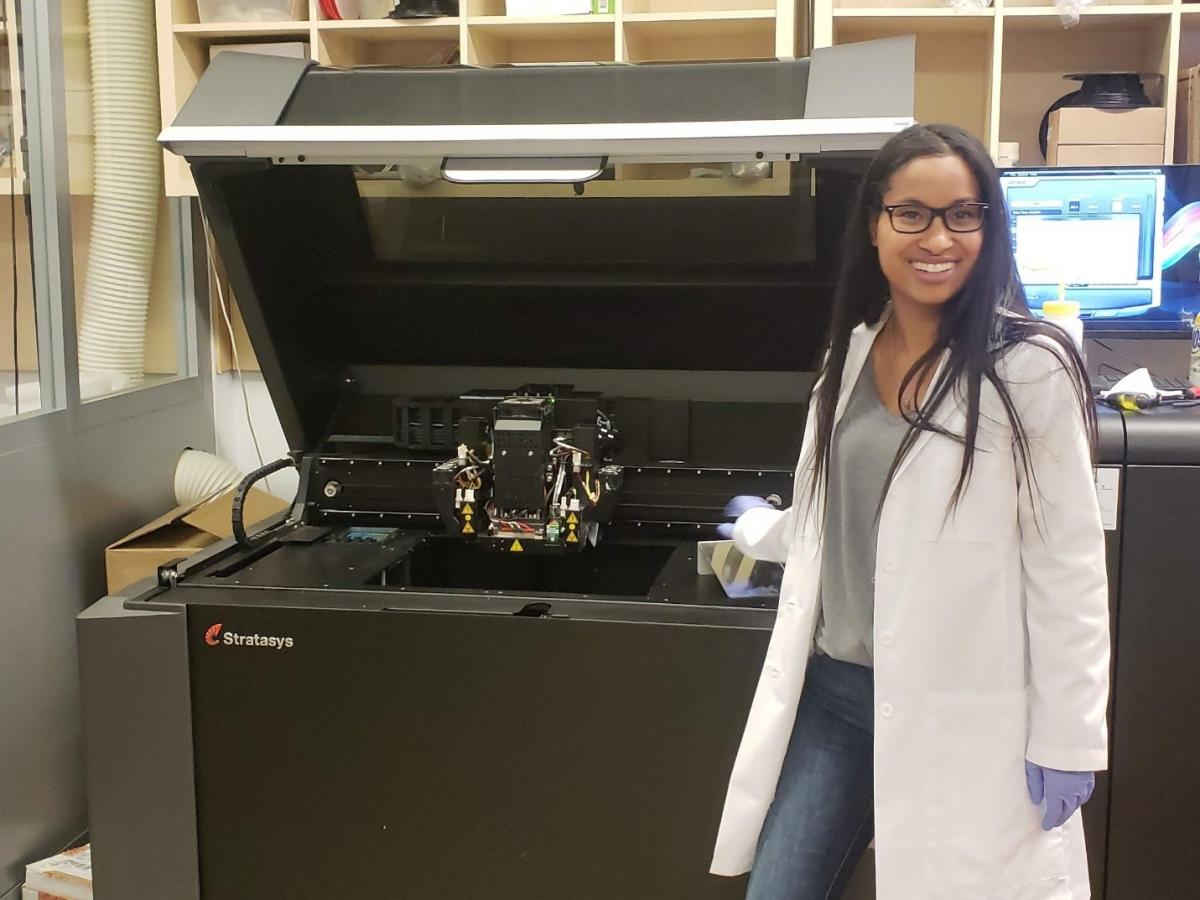
Using the Stratasys 3D printer for my prototypes.
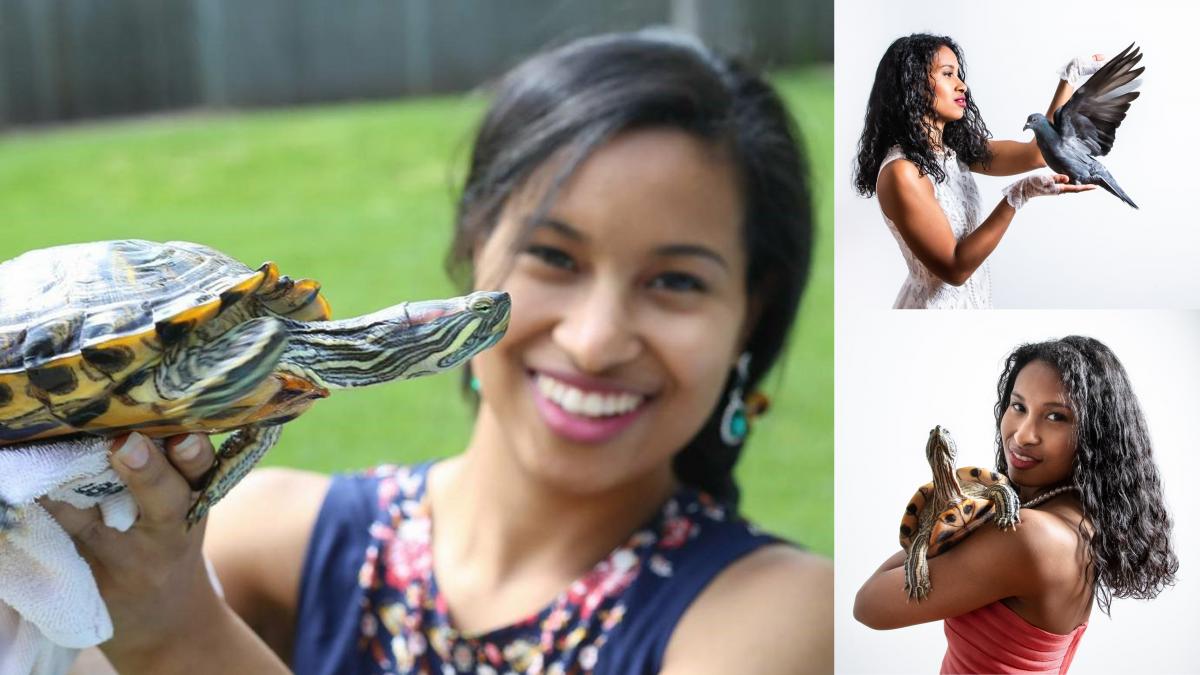
Holding my turtle Pebbles (I’m a huge animal lover).
Tutu the pigeon: rescued in 2018.
Pebbles the turtle: rescued in 2015.
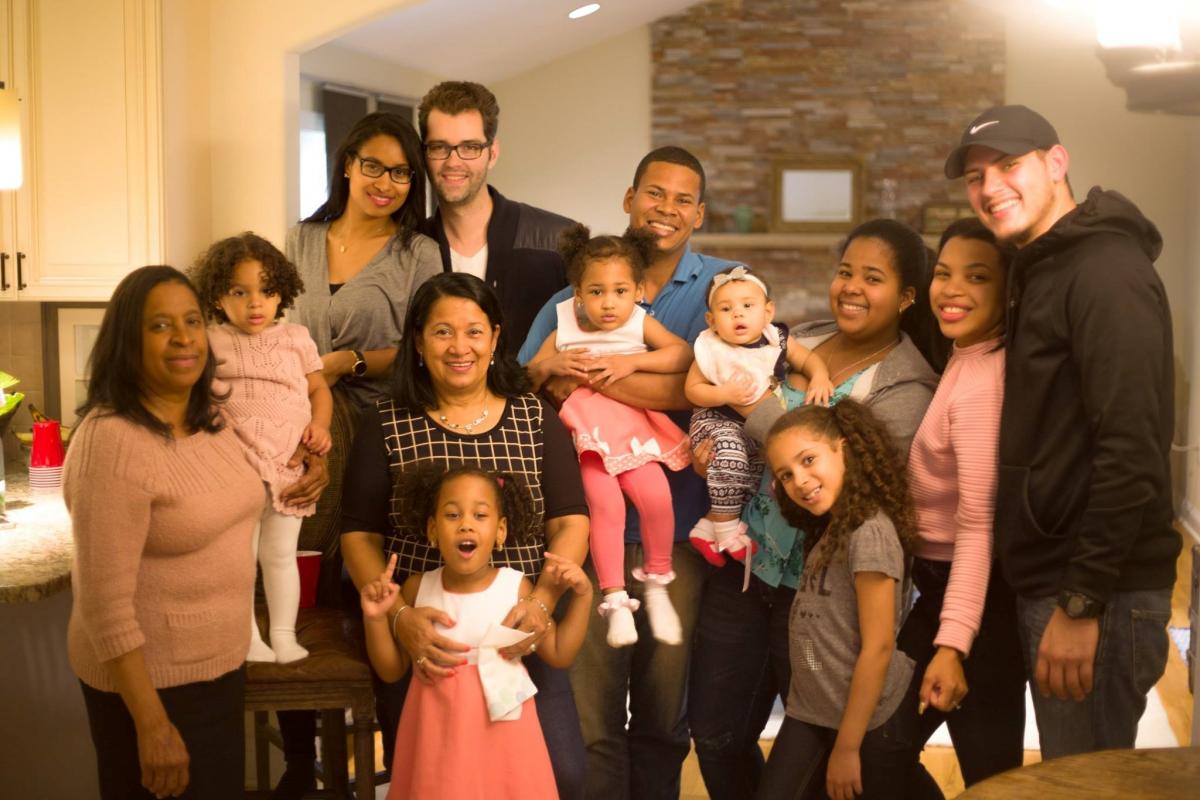
The family together for Thanksgiving dinner.
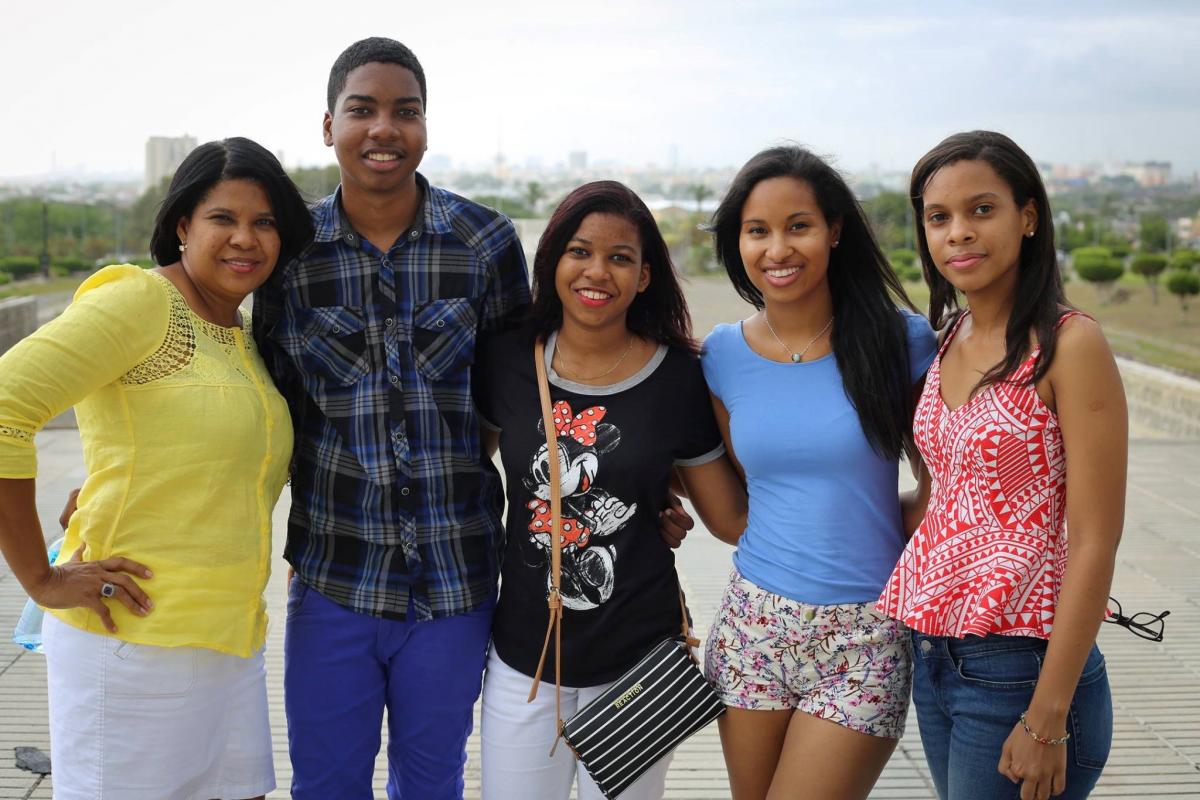
With family in the Dominican Republic.
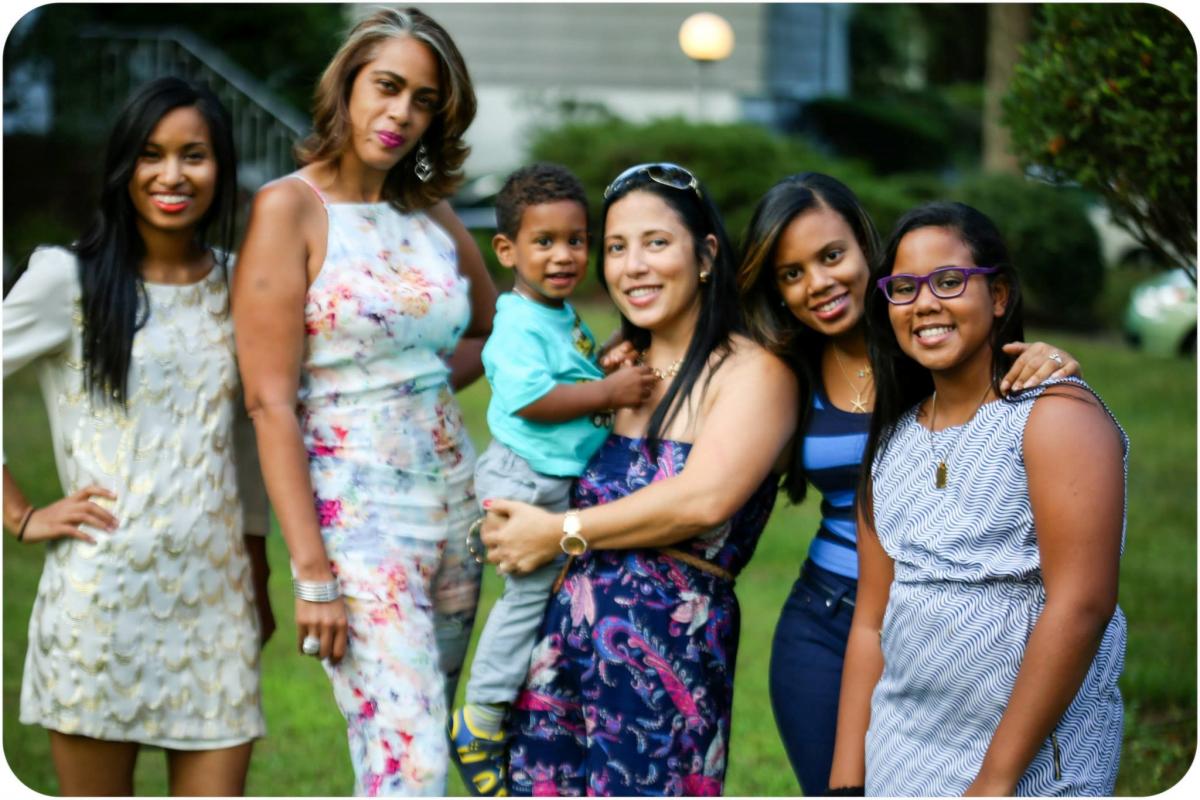
4th of July celebration with family visiting from the Dominican Republic.
CHINWENDU NWOKEABIA - Research Staff Assistant
Chinwendu Nwokeabia (they/them)
Education
- BA, Mathematics (Notre Dame of Maryland University, 2019)
- Scholar, Columbia University Bridge to Ph.D. in STEM (2019-2021)
Where are you from?
Rosedale, MD (30 minutes away from Baltimore)
What is your current position?
Second year scholar in Bridge to Ph.D. in STEM Program; Research Assistant in the Hillman Lab at the Zuckerman Institute (PI: Prof. Elizabeth M. C. Hillman).
How did you become interested in STEM research and, more specifically, in biomedical engineering?
My interest in STEM began in high school, where I was introduced to interesting applications of mathematics and where I first started to understand how versatile math can be. My interest in mathematical applications was a big motivator for my undergraduate studies; my coursework and research were centered on learning how math can be used to better understand topics related to biology and psychology, and even topics in philosophy. I also learned about the principles of engineering in high school through Project Lead the Way, and though I was not able to pursue engineering at my undergraduate institution, I did want to learn more about how I could use my math skills to contribute to the engineering process.
Tell us about your family. Who has/have been your strongest influence(s) in life?
One of the strongest influences in my life has been my mother. I have always been inspired by her determination, kindness, and vulnerability. She instilled the value of education in my siblings and me and has been supportive in my exploration of new concepts and ideas. I greatly appreciate her boldness and generosity, and I strive to have and share the same qualities that she has shared with me.
Tell us about your experience as a Black academic professional in STEM.
My experience as a Black academic professional in STEM has been isolating sometimes, but also enriching. Oftentimes, I am one of few, if not the only, Black students enrolled in my classes in my post-baccalaureate studies, which has been isolating and frustrating, particularly when thinking about the barriers that face those who are racial and gender minorities in STEM. Despite these moments of isolation in classroom settings, the relationships I formed outside of class, including mentorships with Black faculty and staff at my undergrad institution and Columbia, and the comradeship of colleagues I have met while being a Bridge scholar, has been helpful in navigating academia and learning how to best support Black scientists.
What does Black History Month mean to you?
Black History Month is a time to celebrate all aspects of Black life. It is also a time to note the incidence and effects of the injustices towards Black individuals. Traditionally, Black History Month has been a time to note the achievements of Black individuals as well as to remember important figures and events in the history of the African diaspora. However, as more people learn about how deep-rooted systemic racism and anti-Blackness is in the United States and worldwide, I feel that it is even more important to also dig deeper into the context behind the major events and people we celebrate, as well as to take action to ensure that Black life is respected and treasured, now and beyond this month.
What accomplishment(s) are you most proud of, and what do you hope to accomplish in the future?
I am most proud of my efforts in multidisciplinary work. It’s really cool to see how seemingly different and separate concepts can actually be used together to look at a problem in a new way.
What advice would you give to others who wish to pursue a degree and/or career in BME?
Seek as many opportunities as possible, even if they seem like they are outside your field or scope. You never know what may happen.
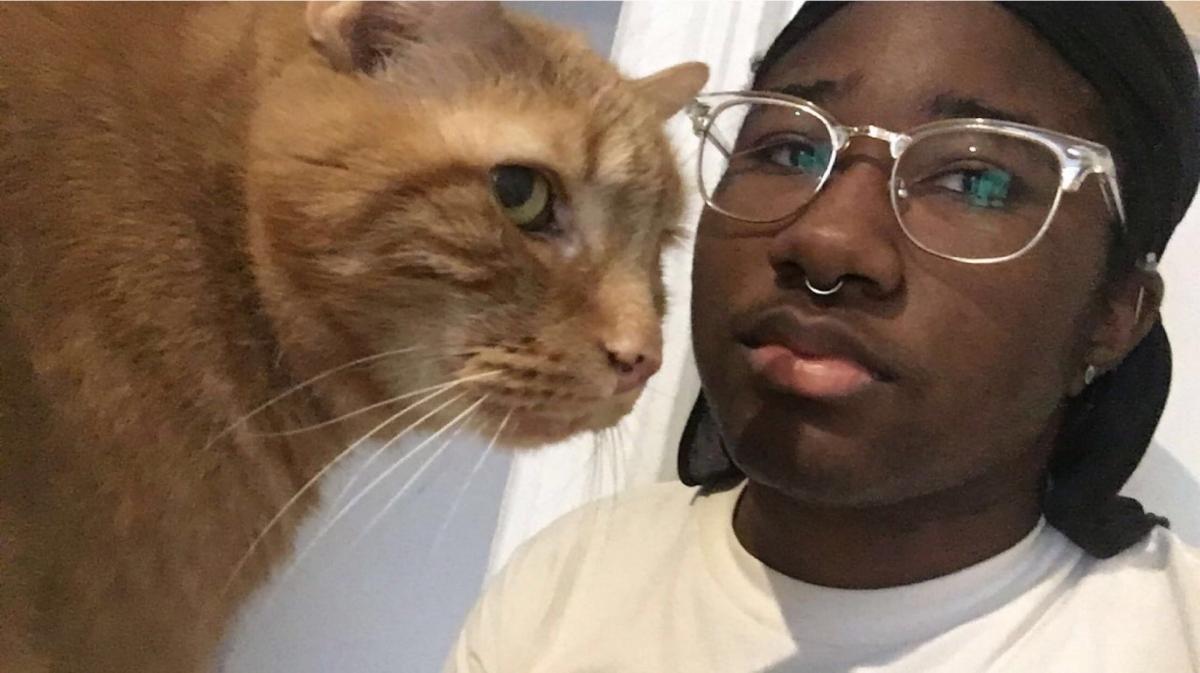
Me and Teto, my feline homie
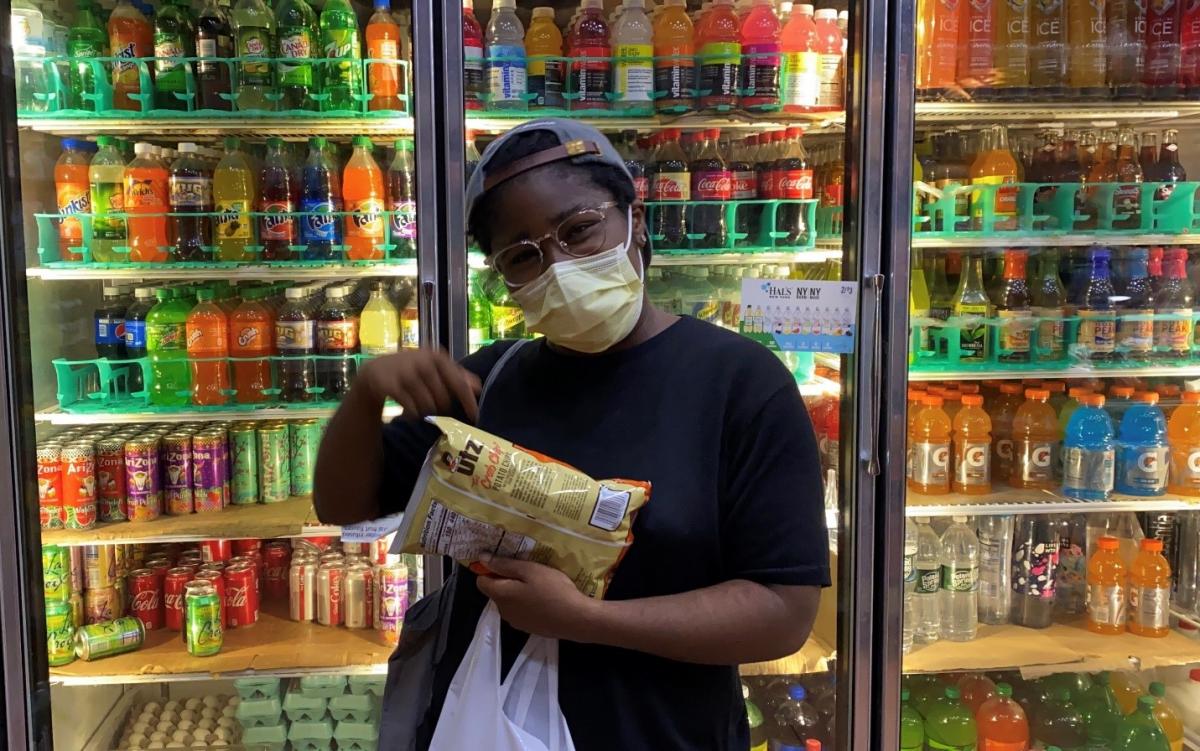
Finding crab chips (a Maryland delicacy) at a bodega in Brooklyn

